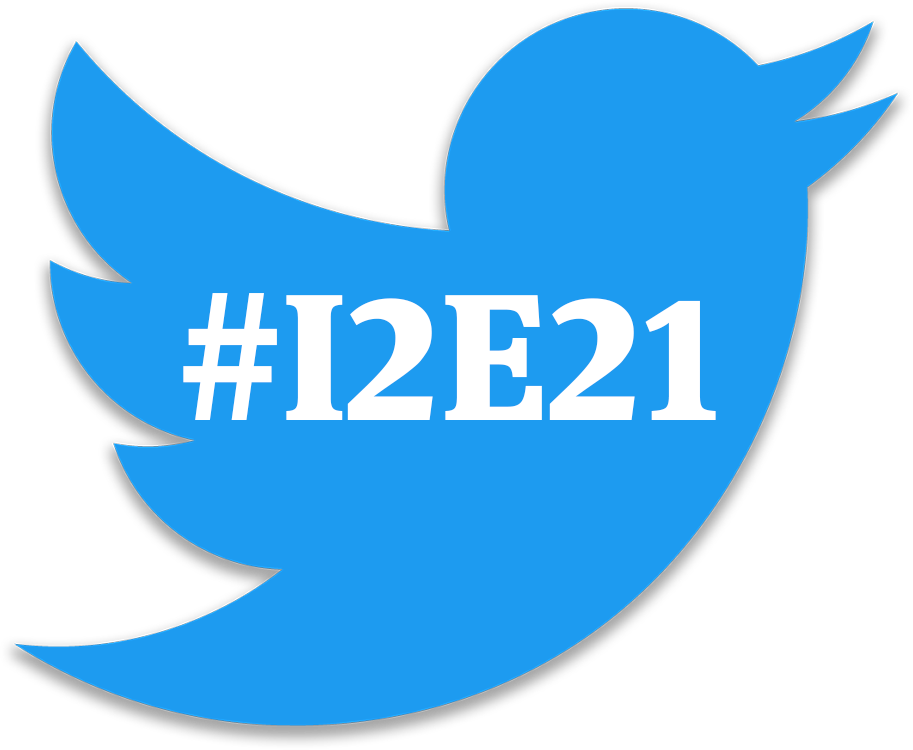Unit 2: On What is Morality Grounded?

Photo: Michael Schur / NBC.
Disagreements over what is right and what is wrong never seem to end. As a result, we might just accept that individual people feel very differently about morality, and there is no further truth to the matter. This suggests a form of Moral Relativism known as Ethical Subjectivism, which holds that morality is relative to our own individual, personal feelings. So we continue our exploration of Moral Relativism by considering such subjectivism.
There are four learning outcomes for this module. When you finish it, you will be able to…
- Explain Ethical Subjectivism and how it is a form of Moral Relativism,
- Analyze David Hume’s defense of Ethical Subjectivism,
- Reflect on what it would mean if your moral reasoning was guided solely by your emotions, and
- Summarize a reductio ad absurdum argument against Ethical Subjectivism.
Read This:
|
A Treatise of Human Nature 
|
An Enquiry Concerning the Principles of Morals 
|
Subjectivism in Ethics 
|
Context
Recall that according to Moral Relativism there are no objective and universal moral values, norms, and principles that apply to all people everywhere. Instead, this position affirms that whether it is morally right or wrong for a person to act in a certain way depends on (“is relative to”) either cultural or individual acceptance. So far, we have examined Cultural Relativism (morality is a matter of social/cultural acceptance) and seen some problems with it.
This set of readings now considers the second form of moral relativism: Ethical Subjectivism. Ethical Subjectivism argues that morality is a matter of individual acceptance because morality is solely determined by one’s own personal reactions or feelings.
On the one hand, the Scottish philosopher David Hume (1711–1776) present a fairly sophisticated defense of Ethical Subjectivism, arguing that morality is based only individual sentiment and emotion, and not on reason. On the other hand, James Rachels and Stuart Rachels summarize and then reject Ethical Subjectivism.
Reading Questions
As you read, keep these questions in mind:
- According to David Hume, why is Ethical Subjectivism true? What arguments does he give (using the examples of willful murder and ingratitude) to show that you ultimately cannot use reason to justify your judgments about ethics and morality?
- Rachels and Rachels mainly focus on one popular form of Ethical Subjectivism, which they call “Emotivism”. While fairly simplistic, for our purposes this is close enough to what Hume actually defends. How does justification in ethics work according to Emotivism? In other words, if Emotivism is correct, what is the “right” way for getting others to agree with you concerning what is morally right and what is morally wrong?
- Why do Rachels and Rachels believe that Emotivism, and Ethical Subjectivism more generally, are flawed?
Although I strongly suggest that you write out brief answers to these questions, you do not have to turn in written responses. You do, however, need to be prepared to answer questions like these on module quizzes and the unit exams.
References
Hume, D. (1978). A treatise of human nature (L. A. Shelby-Bigge & P. H. Nidditch, Eds.; 2nd ed.). Oxford University Press. (Original work from 1739–1740).
Hume, D. (1975). An enquiry concerning the principles of morals. In L. A. Shelby-Bigge & P. H. Nidditch (Eds.), Enquiries Concerning Human Understanding and Concerning the Principles of Morals (3rd ed.). Oxford University Press. (Original work from 1777)
Rachels, J., & Rachels, S. (2012). Subjectivism in ethics. In The elements of moral philosophy (7th ed., pp. 32–48). McGraw-Hill.
Watch This:
|
Video 1 
|
Video 2 
|
|
Video 3 
|
Video 4 
|
Do This:
|
Module 6 Quiz 
Due: September 18 |
Course Website Survey 
Due: September 18 |
|
5 Tweets this Week 
Due: September 18 |


